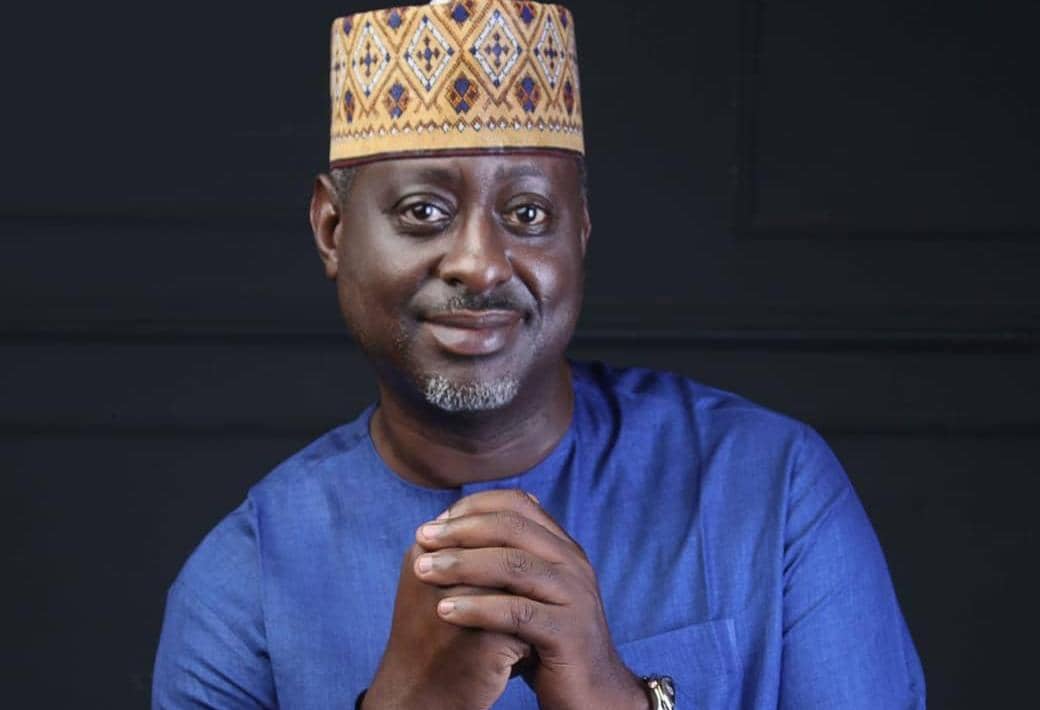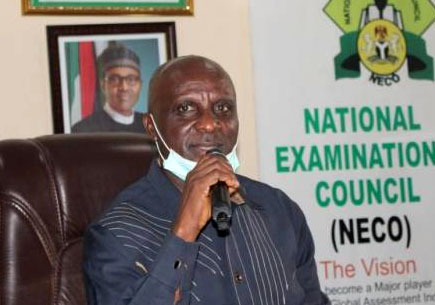The Civil Society Legislative Advocacy Centre (CISLAC), a non-governmental organisation, has asked the federal government to consider increasing tax on cigarettes.
Auwal Rafsanjani and Okeke Anya, executive director and programme manager of CISLAC, respectively, stated this at a media interaction with journalists on Monday, to commemorate the World No Tobacco Day (WNTD).
According to Anya, that there should be deliberate policies to raise taxes above to further discourage use of smoking products.
“The taxes imposed are very insignificant to make any remarkable change in terms of the price of tobacco, hence it doesn’t really affect the buyer.
In some countries a pack of cigarette goes for $4, that is N2,000 in Nigeria. If that is imposed, many people will want to stop smoking and it will have that desired results,” he said.
Advertisement
“We want government within the framework of tobacco control, to tax 75 percent on excise duty and not the present 20 percent. The current tax is so low that at times, tobacco companies will want to absolve those taxes that government imposed so that people will continue to use cigarettes.
“The biggest challenge is for it not to get to minors, because the nicotine in it is addictive. A smoker at 15 will be addicted to it for the next 30 years. The tobacco companies will want to retain that customer for that long, so they will want the customer to pay a small price today for continuous addiction. The charges are not enough to deter smokers.”
On his part, Rafsanjani expressed concern about the population of smokers in underdeveloped and developing countries.
Advertisement
Speaking on the 2021 theme of the WNTD — “Commit to Quit” — the CISLAC executive director said despite the fact that a significant percentage of smokers would prefer to quit, many people find it hard because of the addictive nature of nicotine.
“As we celebrate the WNTD today, CISLAC is calling on government at all levels in Nigeria to invest in promoting cessation, by developing evidence-based, cost effective strategies and guidelines, and allocating adequate resources for programme implementation,” Rafsanjani added.
Add a comment





